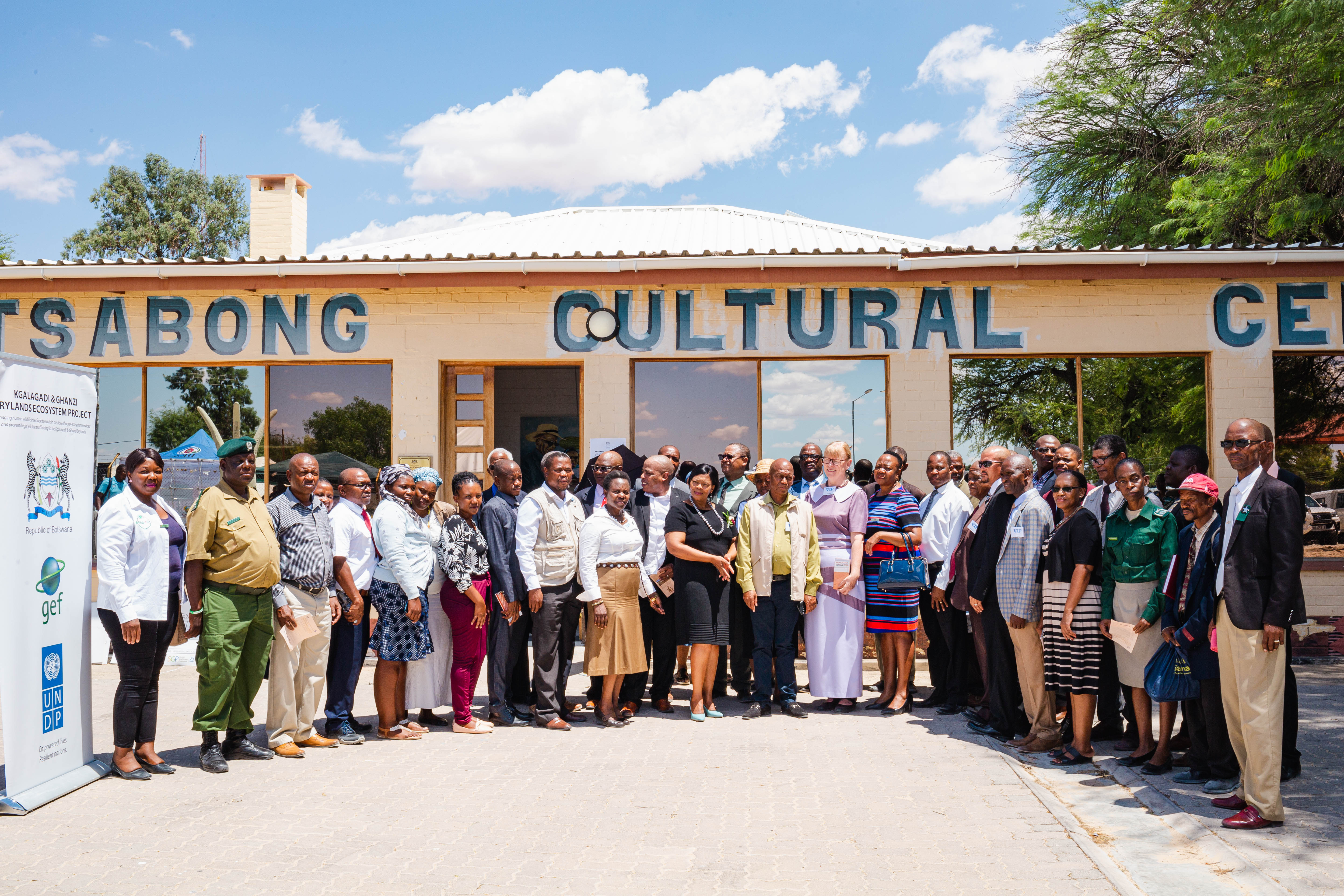Africa is fast emerging as a prime destination for tourism and hospitality investment, with its rich cultural heritage, diverse wildlife, and stunning landscapes. This article delves into the factors driving this potential, exploring the opportunities for investors and the transformative impact on local economies.
Untapped Natural and Cultural Resources
Africa boasts an unparalleled array of natural and cultural attractions. From the majestic Victoria Falls in Zimbabwe and Zambia to the vast savannas of the Serengeti in Tanzania and the Maasai Mara in Kenya, the continent is home to some of the world’s most iconic landscapes and wildlife.
Beyond natural beauty, Africa’s cultural richness is a significant draw for tourists. Countries like Ethiopia, with its ancient history and heritage sites such as Lalibela’s rock-hewn churches, and Egypt, with the timeless allure of the pyramids and the Nile, offer unique experiences that cannot be found elsewhere. Additionally, festivals, traditional music, and dance provide vibrant and immersive cultural experiences.

Investing in eco-tourism and cultural tourism not only offers profitable returns but also promotes the preservation of these invaluable resources. For instance, Rwanda’s investment in gorilla tourism has not only boosted the economy but also contributed to the conservation of these endangered species (Up Valley Consulting)
Infrastructure Development and Policy Support
The development of infrastructure is crucial to unlocking Africa’s tourism and hospitality potential. Improved transportation networks, including airports, roads, and railways, are essential for enhancing accessibility to remote attractions. Countries like Morocco and South Africa have made significant strides in this area, with robust infrastructure supporting their thriving tourism sectors.
Government policies and initiatives also play a pivotal role in attracting investment. Several African nations have introduced favourable policies to encourage tourism development. For example, Kenya’s Vision 2030 aims to position the country as a top 10 long-haul tourist destination globally, focusing on infrastructure development, marketing, and diversification of tourist products (Berkeley VCG).
Public-private partnerships are instrumental in this development. The Ethiopian government’s partnership with private investors to develop the hospitality sector has led to the establishment of international hotel chains, boosting tourism and creating jobs.
Sustainable and Inclusive Growth
Sustainability is a critical aspect of tourism investment in Africa. Sustainable tourism practices ensure that development meets the needs of the present without compromising the ability of future generations to meet their own needs. This includes eco-friendly hotels, conservation projects, and community-based tourism that benefits local populations.
Community involvement is vital for the success and sustainability of tourism projects. Involving local communities in tourism initiatives not only provides them with economic benefits but also fosters cultural exchange and preservation. For example, Botswana’s community-based tourism projects have empowered local communities while protecting wildlife and natural habitats.

The potential for inclusive growth through tourism is immense. The sector creates employment opportunities, supports small and medium-sized enterprises (SMEs), and stimulates local economies. According to the World Travel & Tourism Council (WTTC), the travel and tourism sector in Africa generated $194.2 billion in 2018, accounting for 8.5% of the continent’s GDP.
Conclusion
The tourism and hospitality sector in Africa holds immense investment potential, driven by its rich natural and cultural resources, supportive infrastructure, and sustainable practices. As renowned anthropologist Jane Goodall once said, “What you do makes a difference, and you have to decide what kind of difference you want to make.” This profound statement resonates with the ethos of sustainable tourism investment, highlighting the opportunity to create meaningful and lasting impacts on local economies and communities. Investing in Africa’s tourism not only promises significant returns but also contributes to the continent’s socio-economic development and cultural preservation. As Africa continues to unveil its treasures to the world, the time is ripe for investors to seize the opportunities and be part of this transformative journey.
